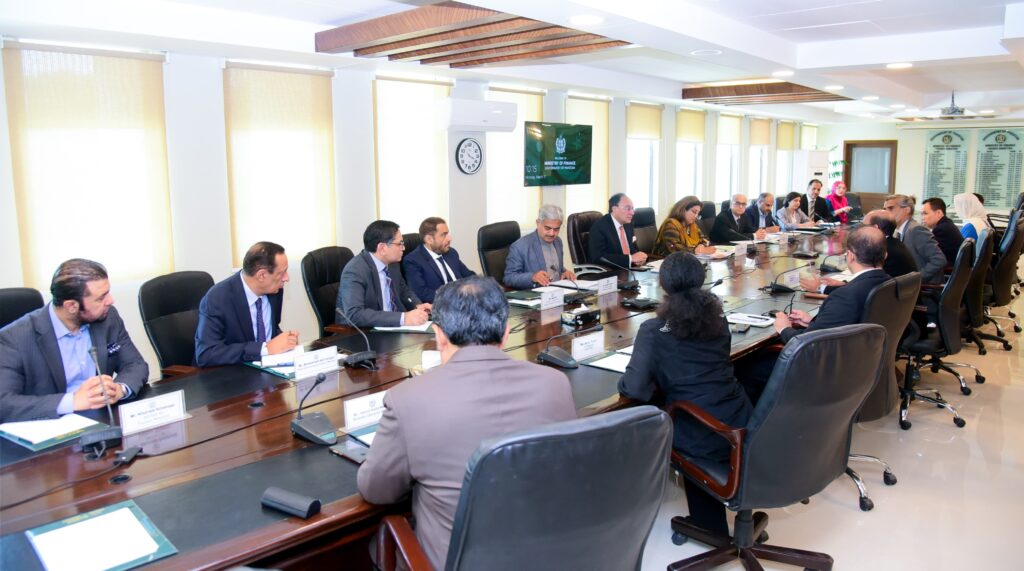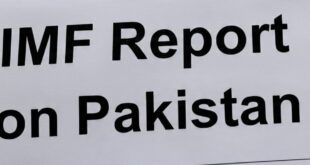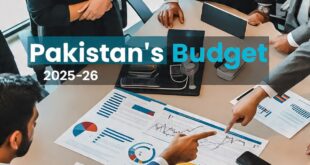
In a significant follow-up meeting held at the Ministry of Finance, Federal Minister for Finance and Revenue, Senator Muhammad Aurangzeb, along with his team at the Finance Division, engaged with the World Bank team to discuss Pakistan’s national growth and fiscal program.
The discussions took place as part of the 10-year Country Partnership Framework (CPF), which includes a $20 billion commitment focused on key development areas such as health, education, climate resilience, and sustainable growth.
The meeting saw the participation of senior officials from the Ministry of Finance and the Federal Board of Revenue. At the core of the deliberations was the World Bank’s investment financing for economic reforms in Pakistan.
The World Bank team also presented their ongoing work on the preparation of a comprehensive National Growth and Fiscal Program, which encompasses a broad spectrum of economic and fiscal reforms. Key aspects of the program include strategies to remove constraints on inclusive and sustainable growth, enhance revenue mobilization, improve expenditure quality, and strengthen efficiency and accountability in service delivery.
A central objective of these reforms is to foster an environment conducive to increased private sector investment while ensuring that public resources are effectively allocated for inclusive development.
During the discussions, the World Bank briefed the Finance Minister on their ongoing data analysis of policy proposals and recommendations received from various chambers, trade bodies, and associations during the pre-budget consultations. This collaborative process aligns with the government’s early budget timeline, which was advanced to January this year, to establish a well-founded and pragmatic revenue policy.
Emphasizing the need for a holistic approach to fiscal, trade, and private sector reforms, Minister Aurangzeb underscored the importance of a strategy that spans both the federal and provincial levels. He highlighted the necessity of designing reforms that are incentivized through outcome-based and performance-based indicators, directly linked to human development and socio-economic progress.
The Finance Minister reiterated that a nationally coordinated approach, as exemplified by the National Fiscal Pact, is essential for ensuring macroeconomic stability. He stressed that this unified approach would serve as the foundation for achieving Pakistan’s ambitions for inclusive and sustainable economic growth, ultimately securing the well-being of all citizens.
The meeting concluded with a shared commitment to continued collaboration between the Ministry of Finance, the World Bank, and all relevant stakeholders. This cooperative effort is expected to drive forward the reform agenda and contribute to the long-term economic progress of Pakistan.
 BeNewz
BeNewz




